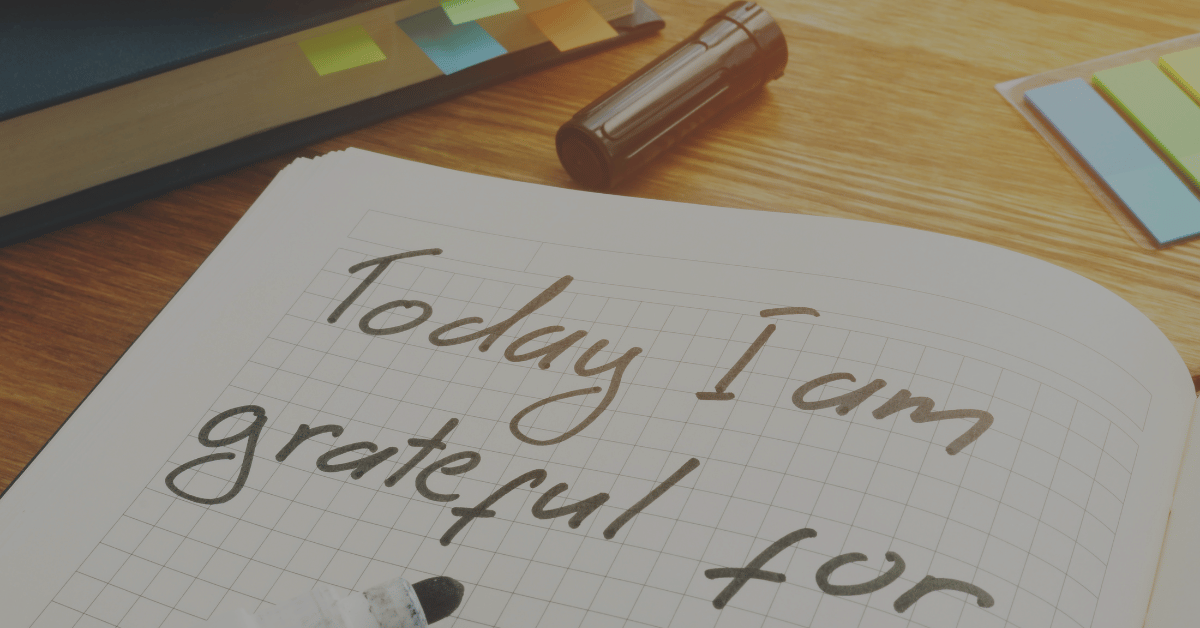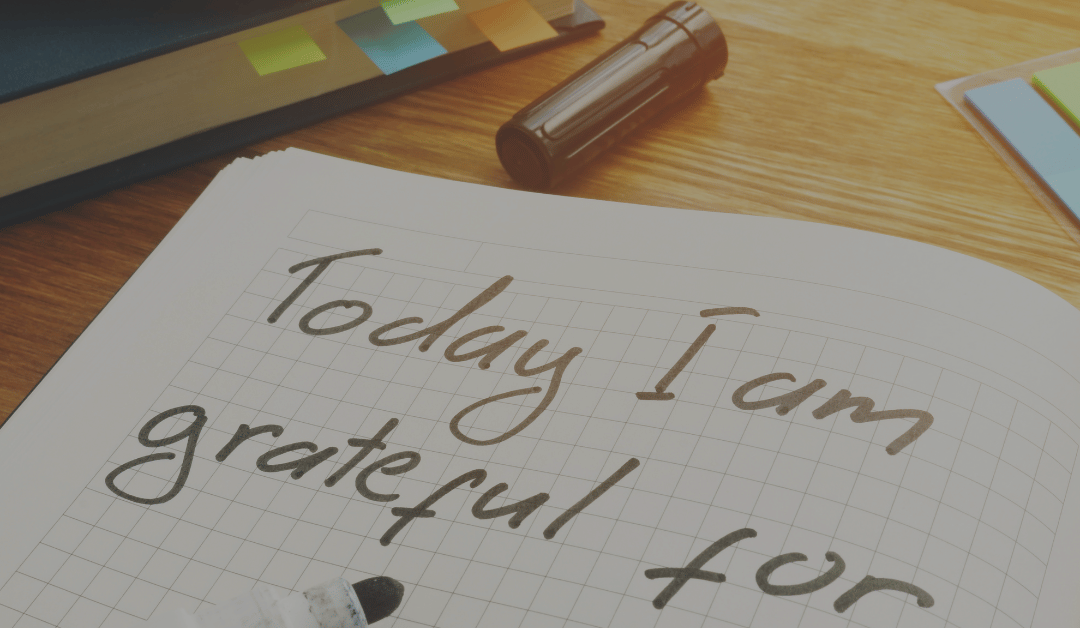When it comes to family addiction, I’ve had a lot of awful experiences to work through. And oh my god, a shit ton of negative false beliefs about myself that I had to heal.
And for awhile, I tried turning to a lot of the mindset gurus that many of you may be familiar with. But it didn’t work. And for awhile, I thought the problem was me until I started both getting trauma therapy and also encountered the concept of toxic positivity.
What I didn’t understand at first is that a lot of the content I was encountering around mindset was actually toxic positivity. Brushing legitimate negative emotions – emotions that need to be processed – under the rug by “just thinking positive.”
You just gotta be positive and look on the bright side. You know, raise your vibration. That last one makes me want to hurl sometimes.
In too many of its manifestations, mindset work was just a toxic framework for sweeping legitimate difficult emotions – emotions that need to be processed in order to effectively move forward – under the rug.
I finally learned that you can’t BS your way to a positive mindset. Feelings have to be felt. Emotions have to be processed or we remain stuck.
And the concept of gratitude often gets conflated with this kind of toxic positivity. You know, just be grateful, look on the bright side, it could be so much worse.
And I know for a fact that for families struggling with a loved one’s substance abuse, this kind of gratitude is NOT helpful. It’s just not.
But that doesn’t mean there isn’t a use for gratitude. It just has to be an honest gratitude. So, I want to share a story about how this kind of gratitude was so powerful for me.
Over a decade ago, I was leaving a very toxic, emotionally and psychologically abusive marriage. And I was scared to death. My ex-husband had way, way more money than I did and he was using it to try and force me to accept his demands in the divorce. And I couldn’t afford to pay a lawyer for hours and hours of more work to try and fight it all.
I was just terrified that I either had to accept horrible terms or have all my money run dry trying to fight it. In many ways, the process of leaving was harder than staying.
I just had to trust that things would be much much better once that process was over – and they were!
But in the middle of that process, oh my freaking god, I was stressed. I super stressed in the marriage, too, but making a decision to leave was the most stressful of anything. I mean, please don’t get me started on why women don’t leave. My situation wasn’t anywhere near as scary as situations other women face and it was still pretty freaking scary.
That said, one of the things I did during that year that I was going through the divorce was make a gratitude journal. I just took a simple weekly planner, and every evening before I went to bed, I would fill in the space for that day with things to be grateful for.
Some days, there were these really amazing things that happened – in fact, a series of things that actually prevented my ex-husband from being able to force me to meet his unreasonable demands, without me having to spend thousands more in legal fees.
But most days I had to dig much, much deeper to find something to be grateful for. Most days I had to dig for some small thing that, had it not happened, I would have had an even more difficult day. I mean, many of my entries were things like I made a stoplight when I was running late. And some of them were in the middle.
But however impactful they were, I wrote them down.
But the difference here was that I was not pretending that things weren’t as bad as they were.
I wasn’t using gratitude as a yes, but…. I was using gratitude as a yes, and… Yes, my divorce was incredibly scary and stressful. AND there were all these little moments of respite that I probably wouldn’t have noticed if I hadn’t been making a point to remember and write down.
So, here’s what I know that practice of keeping a gratitude journal did for me. It kept my head from making the stress I was going through even bigger than it was. It was already big enough. And it just kept my head, in all its fear, from blocking out all those moments of respite, no matter how small. They were just as real.
So my gratitude journal practice just made sure that the fear didn’t overtake absolutely EVERYTHING in my life during that year. And that meant that I walked through that awful year in a more resourced state than I would have if I hadn’t been engaging in that gratitude journal practice.
And this is why I have this love hate relationship with gratitude. I often hesitate to suggest gratitude to the families I work with because I sure as hell don’t want to sound like I’m preaching some kind of toxic positivity BS.
But gratitude done right – and that is gratitude that isn’t being used to try and shove other legitimate feelings under the rug, but rather gratitude that is just to try and keep all the stress and fear from completely taking over everything – that kind of gratitude helped put me – and can help put you – in a more resourced state.
And frankly, that’s what ALL of my work with families struggling with a loved one’s substance abuse is designed to do. To put families in a more resourced state so they can respond to the problem more effectively.
So I feel like it would be remiss of me to not talk about how it can help – if used right.
Because here’s the thing: when I train families how to have a positive influence on their loved one’s substance use, one of the things I talk about is being proactive about managing your fear. Not that the fears aren’t legitimate – they are. We all know there are no guarantees.
But if you want to be able to have a positive influence on your loved one’s substance use, it’s essential not to let the fear take over everything. And establishing a gratitude practice is one way to do that.
The year of my divorce, there was even another benefit of that gratitude journal. My divorce was final the end of October of that year. So Thanksgiving – a day totally devoted to gratitude was coming right up. And one of the things I did after the divorce was final was review that gratitude journal. And I noticed all the people who repeatedly showed up in that gratitude journal with their kindnesses large and small.
On Thanksgiving, I sent each one of them a thank you message noting how frequently they showed up in that journal, the impact that had on such a stressful year, and how grateful I was for their presence in my life.
In other words, I shared that gratitude, which was just another really beautiful thing to be able to do and also something that helps keep our legitimate fears from taking over everything and puts us in a more resourced state.
So, some kind of gratitude practice might be something helpful for you to try. Not because it’s going to make your problems with your loved one’s substance abuse magically fade away. It’s not. But if you practice regularly, it can put you in a more resourced state.
And that’s the whole point of not letting the fear take over everything. Because being in a more resourced state will help you address your loved one’s substance abuse more effectively.
In fact, it’s never a bad idea to be in a more resourced state. Which is why I’m going to return to that gratitude journal practice.
And, as a final note, I’ll say that if a gratitude journal doesn’t resonate with you, you can always write little notes of gratitude and then collect them in a jar. You can review them at the end of a month, or even at the end of a year. And then reach back out to those that impacted you the most during that time and share the love.
So, I’d love to hear your thoughts about either establishing a gratitude practice, or a gratitude practice that you already use. I know we can all learn from each other, so feel free to share in the comments.


0 Comments